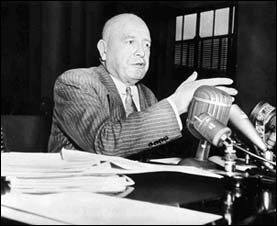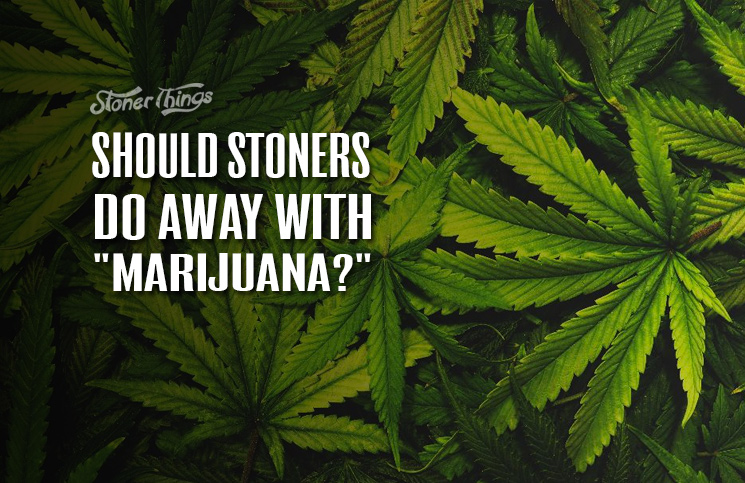It’s no secret the history of marijuana prohibition is a story of American racism. Like most other “dangerous” drugs, cannabis was initially banned because of its association with Mexican immigrants in the American Southwest.
That background has led some reformers to call for a big change: no more using the word “marijuana.” The idea, apparently, is to erase stoner stereotypes and start fresh, linguistically speaking.
It isn’t likely to work, but it has led to an interesting conversation about where the word comes from – and how labels affect our perception of race and justice.
The first laws banning pot were passed in Western states in the early 1900s. The case for prohibition was simple and explicit: “invading, perverted” Mexicans were flooding across the border and bringing their favorite intoxicant with them.
“Marijuana” was already in widespread use by that time, especially south of the border. But cannabis itself knew no racial or ethnic boundaries. The same can be seen in cocaine, which was criminalized on the white belief it turned black users into violent supermen. And heroin went underground because of its use by Chinese immigrants.
‘Marijuana’ used to create division
The word “marijuana” is Spanish in origin, but it was elite white Americans who turned it into fuel for racial animosity. Cannabis prohibition came about largely because of a man named Harry Anslinger, who convinced Congress to ban the drug nationwide in 1937.
Anslinger, head of the Bureau of Narcotics (predecessor to the DEA), spent more time at the head of a federal police agency than anyone except J. Edgar Hoover. His push to prohibit pot was based almost entirely on race.
“Harry Anslinger was wildly successful at stigmatizing ‘marijuana’ as a foreign, negative, violent, and evil influence on our society through his smear campaign and propaganda efforts against cannabis in the 1930s,” said Jeffery Welsh, a California lawyer who represents marijuana activists and businesses.
Racism-based drug laws already had a long history in the United States by the time Congress passed the Marihuana Tax Stamp Act of 1937. The era of alcohol Prohibition was born out of fears that Catholics, especially Irish and Italian immigrants, posed an existential threat to the country and its public health.
“The primary reason to outlaw marijuana is its effect on the degenerate races,” Anslinger once said. “Most are Negroes, Hispanics, Filipinos, and entertainers. Their Satanic music, jazz and swing, result from marijuana use.”
Racial roots of marijuana laws
Those words sound harsh by today’s standards, but the racist underpinnings of marijuana laws remain. That isn’t surprising, given the central role race has played since the founding of the union.
But some reformers say one good way to take a dent out of the problem would be to use “cannabis” instead.


“A rose by any other name would smell as sweet,” said Jesce Horton, co-founder of the Minority Cannabis Business Association. “However, we should use the scientific name for the plant instead of marijuana, pot, weed, and the like. The alternate terms, whether racist or not, have connotations that have been used to place this plant in a negative or insignificant space.”
“Cannabis” better conveys the actual taxonomy of the plant. But Hogan’s idea is an extremely hard sell to English-speaking stoners. We are not a group likely to start throwing around technical jargon, even for the sake of political change.
—
Post a comment and let us know: What words do you use when talking about marijuana/cannabis/weed/pot? Does it make any difference to you?













